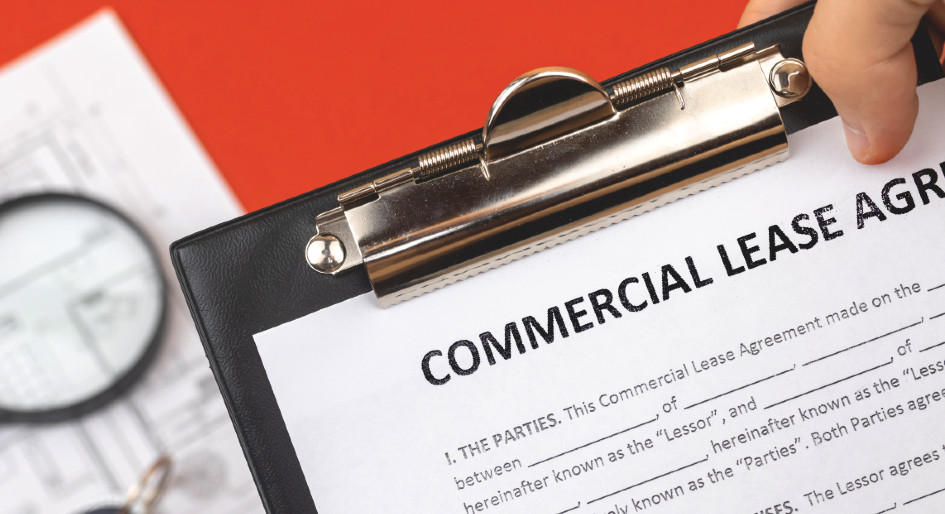Commercial leases have attracted political attention in Ontario. Both the NDP and Green parties float concepts for standardized lease agreements and rent control guidelines in their recently released platforms for the June 2 provincial election. However, some well-placed advocates for commercial tenants report they’ve experienced no groundswell of demand for either measure.
“It’s not something that we’ve heard asked for en masse,” affirms Ryan Mallough, senior director of provincial affairs, Ontario, with the Canadian Federation of Independent Business (CFIB). “It is something that we’ve heard from some individual businesses, particularly the set that were having challenges accessing CECRA (Canada Emergency Commercial Rent Assistance) because that was the program that was done through the landlord, or businesses that saw sharp rent hikes when their leases came to an end during the pandemic.”
The NDP’s platform commitment is the more scoped of the two parties. It promises to “work with the business community to review the Commercial Tenancies Act, standardize commercial lease agreements and explore the creation of rent guidelines for small businesses” whereas the Green platform uses more definitive wording.
Notably, that’s the promise to “create rent control guidelines for year-over-year increases that apply to all commercial tenants, including new tenants, and implement a mechanism to enforce rules and resolve disputes”. The Green platform also refers to the creation of standardized leases and assurances that sitting tenants will be given priority when leases come up for renewal.
Insiders familiar with the intricacies of commercial leases stress that it would be no easy task to standardize them, nor would it necessarily serve tenants’ best interests. Lease terms are longer, while market conditions are generally more cyclical and more often in tenants’ favour than occurs in the residential sector. There’s also a long-established culture of lease negotiations, in which lessees bring a lawyer or someone like Anthony Dyson, a Toronto-based commercial broker with more than 30 years of experience as a tenant representative, to the table on their behalf.
“Everybody has a hard time with leases, especially smaller tenants. They are very complicated and there are a lot of factors in them,” he says. “Even if there was a standard lease, I think it would be difficult for most people to understand. For anyone to suggest that they are going to make them easy — that’s not very likely.”
Dyson and Mallough concur that tenants typically want flexibility to tailor lease agreements to their specific needs, which can vary with their business profiles and from market to market. “I guess you could have a standard lease with changes, but that would sort of defeat the purpose,” Dyson quips.
The political proposals also trigger concerns on the landlords’ side of the equation, where, for example, many years of work and responsive reading of evolving industry trends have gone into the voluntary model green lease for offices. Green lease proponents bristle at the spectre of outsiders presuming to barrel into that space.
“We do not believe government should interfere in commercial arrangements between arm’s-length third parties,” asserts Steven Sinclair, vice president, government relations and policy with REALPAC, which counts many of Canada’s largest commercial landlords among its membership. “Like most election commitments, the language is quite vague, and it is not clear what type of problem they’re looking to solve with this.”
Talk of rent guidelines arises at a time when many tenants are negotiating advantageous new deals or lease renewals due to a rise in vacancy rates, emerging competing options in short-term co-working space and uncertainty around the future of the formal office. Informed hypotheses suggest the COVID-19 pandemic could cause longer term upheaval for commercial landlords than for many of their tenants.
“We have heard from members who rent, who may be a bit more ‘pro’ for the concept, but we also have members who are landlords, who have flagged concerns around it,” Mallough advises.
For now, he speculates many small businesses would be more interested in help to address the pandemic-related debt they’re carrying — which CFIB membership surveys have found averages to about $160,000 — than rent control on a lease that may not be due for renewal any time soon.
“There are other proposed policies, including in the NDP’s own platform, for measures like small business recovery grants that would help to get some of that debt level down,” he observes. “Standardizing a lease agreement is not going to make the last two years of rent not due, or change the terms of the CECRA or CERS (Canada Emergency Rent Subsidy) programs. We’re encouraging all parties to remember, as we go through this election campaign, that you can’t make the last two years un-happen.”
Barbara Carss is editor-in-chief of Canadian Property Management.







